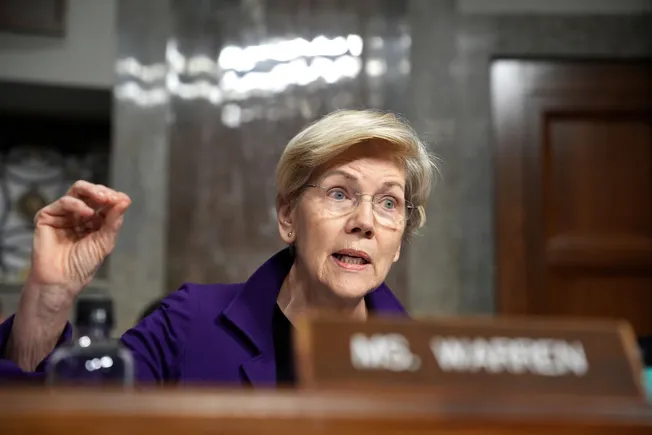The recent meetings between U.S. Secretary of Health and Human Services Robert F. Kennedy Jr., President Donald Trump, and Big Pharma leaders at Mar-a-Lago have raised concerns among lawmakers. Sens. Elizabeth Warren, Ron Wyden, and Bernie Sanders have sent a letter to Kennedy requesting details of these meetings and their potential influence on policy decisions.
Executives from major drug companies such as Pfizer and Eli Lilly reportedly attended these dinners, which also served as fundraising events for the new administration. Lawmakers are now seeking transparency on what was discussed at these gatherings and how they could impact policies related to Medicare negotiation, patent reform, and political contributions.
Kennedy, who has a history of being critical of the pharmaceutical industry, has promised to keep industry ties transparent and tackle corruption within the government. However, his participation in these meetings has raised questions about his commitment to these promises.
One of the key issues raised by lawmakers is Medicare drug price negotiations. The Biden administration’s Inflation Reduction Act includes provisions for negotiating lower drug prices under Medicare, a move that has been opposed by drug companies. Kennedy’s involvement in these meetings could have implications for the future of these negotiations.
Patent reform is another important issue at stake. Kennedy has shown openness to the idea of the government seizing patents from drugmakers to lower costs, a move supported by progressive senators but opposed by the pharmaceutical industry. Lawmakers are keen to understand if patent reform was discussed during the Mar-a-Lago meetings.
Overall, the letter to Kennedy aims to uncover the extent of industry influence on the Trump administration and the Department of Health and Human Services. Lawmakers are seeking clarity on the discussions that took place and the potential implications for healthcare policies and regulations. Kennedy’s responses to these inquiries will be crucial in determining the direction of public health under his leadership. After their meeting, many were left wondering if Trump and Kennedy had made any commitments to each other. The dinners, which were attended by various guests, came at a cost. Guests had to pay a fee to attend, with the exact amount varying depending on the event. It is unclear if these meetings resulted in any further payments being made.
The Senators have set a deadline of March 24 for Kennedy to respond to their inquiries. This deadline indicates the urgency with which they are seeking answers and clarification on Kennedy’s plans for the future. Kennedy’s goals of cleaning up corruption, establishing a new scientific standard, and making America healthy again have garnered both praise and skepticism. Lawmakers who initially had reservations about Kennedy’s appointment as the head of HHS are now looking for a more detailed vision of his leadership moving forward.
As the deadline approaches, all eyes are on Kennedy to provide the necessary information and assurances to address any concerns. The outcome of these discussions could have far-reaching implications for the future of healthcare and public health in America. Stay tuned for updates on this developing story.


